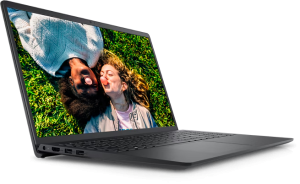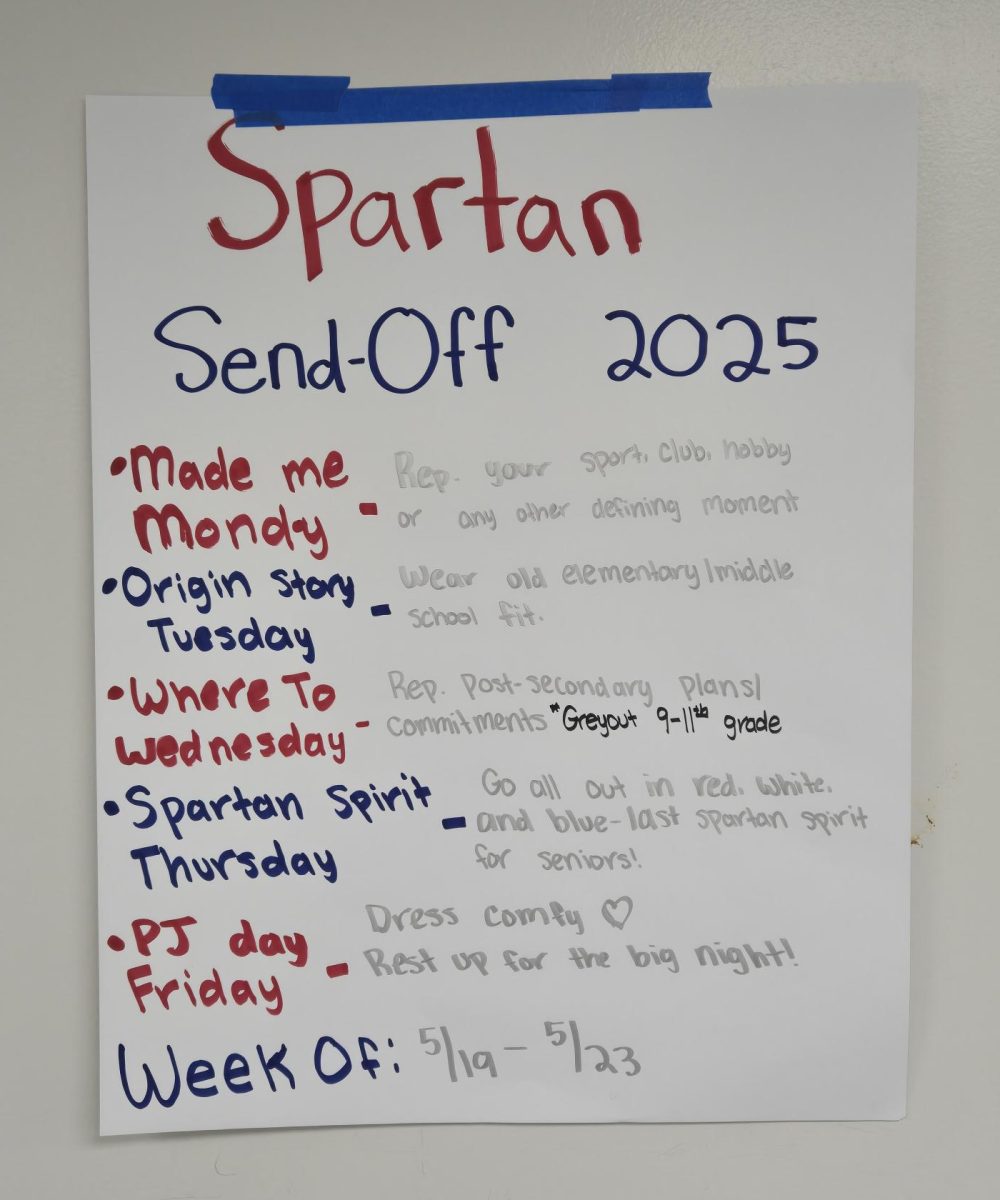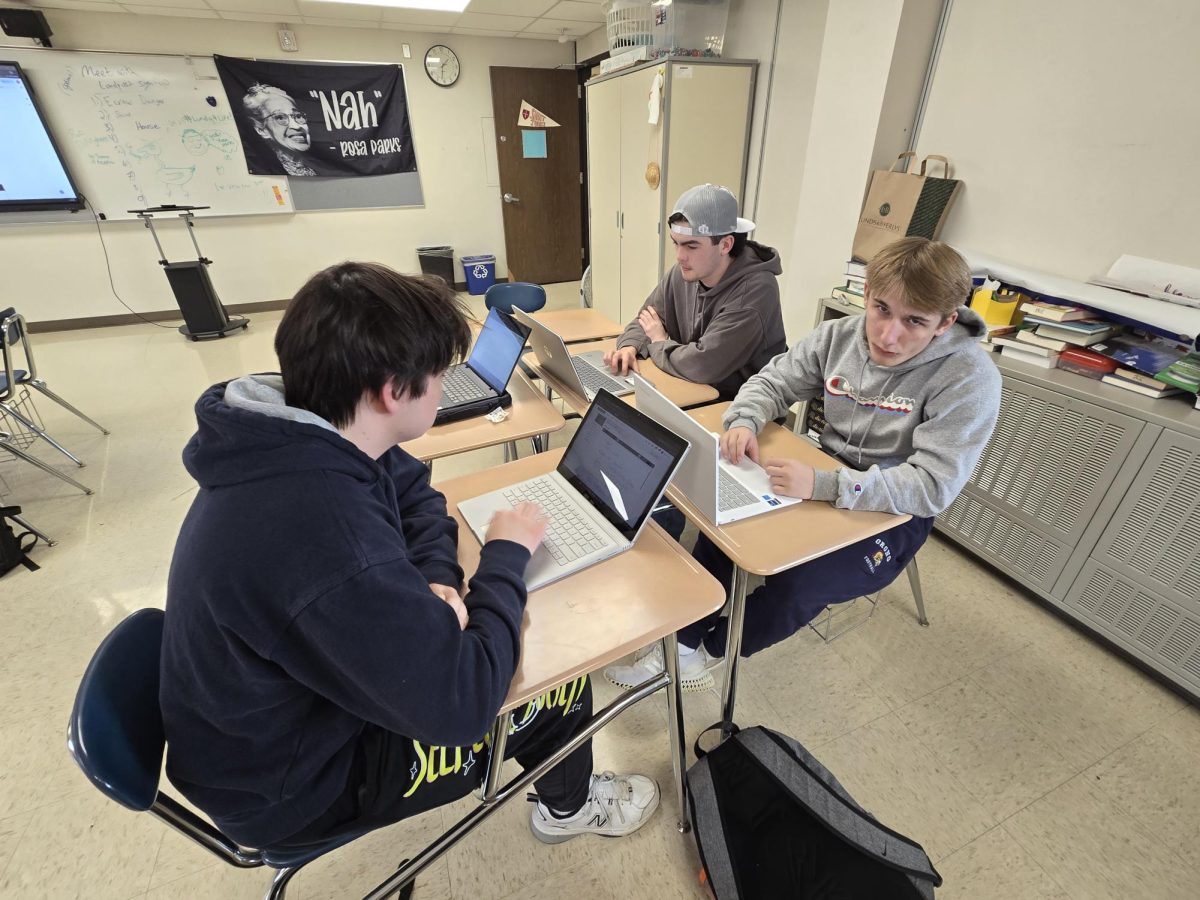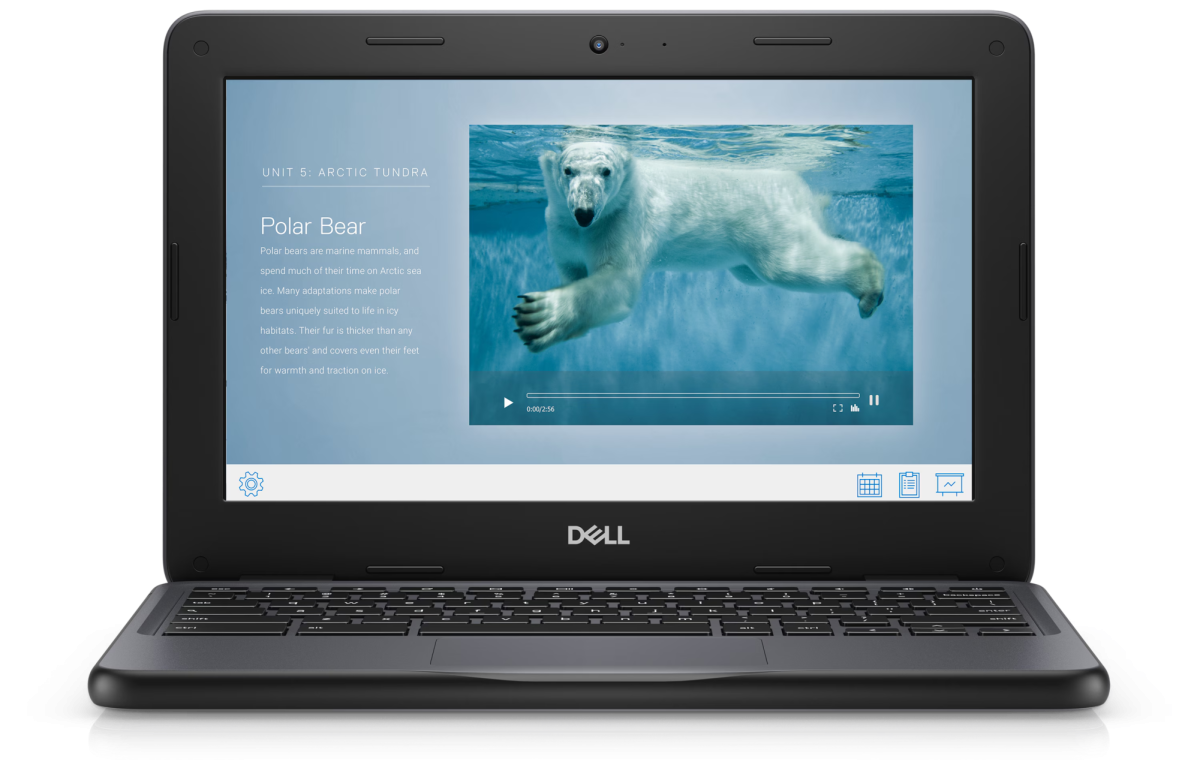In an earlier article by Spartan Speaks, “OHS Must Invest More Towards Student Laptops,” author Tiegan Swanson raised some interesting issues with the current laptops provided by OHS, Dell Chromebook 3100s. These issues increase the digital divide or gap in access to digital technology and modern digital resources between students. However, the article received some criticism on the proposed replacement, hence this follow-up on suitable replacements.
The Chromebook 3100 is a fairly low-powered device compared to most modern devices with 4 GB of RAM, a dual-core Intel Celeron N4000 running at 1.1ghz (a 7-year-old processor targeted towards low-end devices), 32 GB of storage (keep in mind this is shared across everyone who uses the device), a battery whose operating time will “significantly reduce” if resource usage is high, an Intel UHD Graphics 600 (a 7-year-old graphics card running at 250-650 MHz), and Chrome OS.
This laptop has a few issues. For one, its 4 GB of RAM is barely enough to open ~16 Chrome tabs (if you are running nothing else, assuming each tab uses 250 MB of RAM), which isn’t great because that’s what Chrome OS is designed for. Chrome OS also has almost no support for any modern programs (Based on some standard apps: Blender, Visual Studio Code, Audacity, Inkscape), and some of the programs that are supported are actually running on a virtual machine.
If the aforementioned apps were installed, along with the OS itself (which uses 16 GB), it would use ~19 GB of storage, leaving you about 13 GB for everything else (The download pages gave some size estimates: Blender, Visual Studio Code, Audacity, Inkscape, Chrome OS).
The battery will probably last a few hours, as your device will most likely use all of its resources doing the most basic of tasks. Many students have reported performance issues with these laptops, and they only last about 4 years before they need to be replaced.
Replacement Requirements:
Each possible replacement device had to fit some basic criteria. First off, it needed to fit the hardware requirements for all of the apps, which the current laptops don’t. It also needed to have the ability to run said apps, which the current laptops can’t. Generally, it needed to be powerful enough for regular school work and some low-end extracurricular stuff, which the current laptops aren’t. Finally, it needed to be under $400 (the current devices are $60 each).
Lenovo IdeaPad 1i

Several students already use these, so it would most likely be a good choice. This device has 8 GB of RAM, an Intel i3-1215U processor running at 1.2-4.4ghz, an Intel UHD graphics card running at 300-1100mhz, 256 GB of storage, and it can run Windows(this in S mode, which would be ideal for a school device). This device is good for regular usage, has a good battery life, and does not run into many performance issues.
Dell Inspiron 15 Laptop – $400

This device has 16 GB of RAM, an Intel i5-1235U processor running at 1.3-4..4ghz, an Intel Iris Xe graphics card running at 300-1200mhz, 512 GB of storage, and it can run Windows. This device would be good for somewhat intensive use, and it would be surprising if there were any problems regarding performance.
ASUS Vivobook 17 – $499

This device has 16 GB of RAM, an Intel i7-1255U processor running at 1.7-4.7 GHz, an Intel Iris Xe graphics card running at 300-1250mhz, up to 1 TB of storage, and it can run Windows. This could be seen as overkill for a school device and you probably wouldn’t need something like this unless you were doing really computationally expensive work, but would be cool to see.
Conclusion
According to the OHS Media Center, about 250 students check out Chromebooks. Out of 950 students, that’s quite a large fraction. Spartan Speaks ran a poll* asking students whether they think the current school Chromebooks make it harder to do schoolwork and extracurricular activities. 76 students answered, and 59% think that the current Chromebooks are limiting.
Students who want to pursue programming or other hobbies involving computers are unable to, as they can’t run any major desktop software. This makes it a lot harder to get into these hobbies, decreasing opportunities for them in the future. If the current devices were to be improved, or even just upgraded it would help decrease the digital divide for these students.
*This poll was not scientific. This poll was posted on the Spartan Speaks Instagram. When asked “Do you think the current school Chromebooks impede your ability to do schoolwork and extracurricular activities?”, there were 45 votes for yes and 31 votes for no.



















































